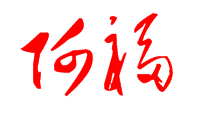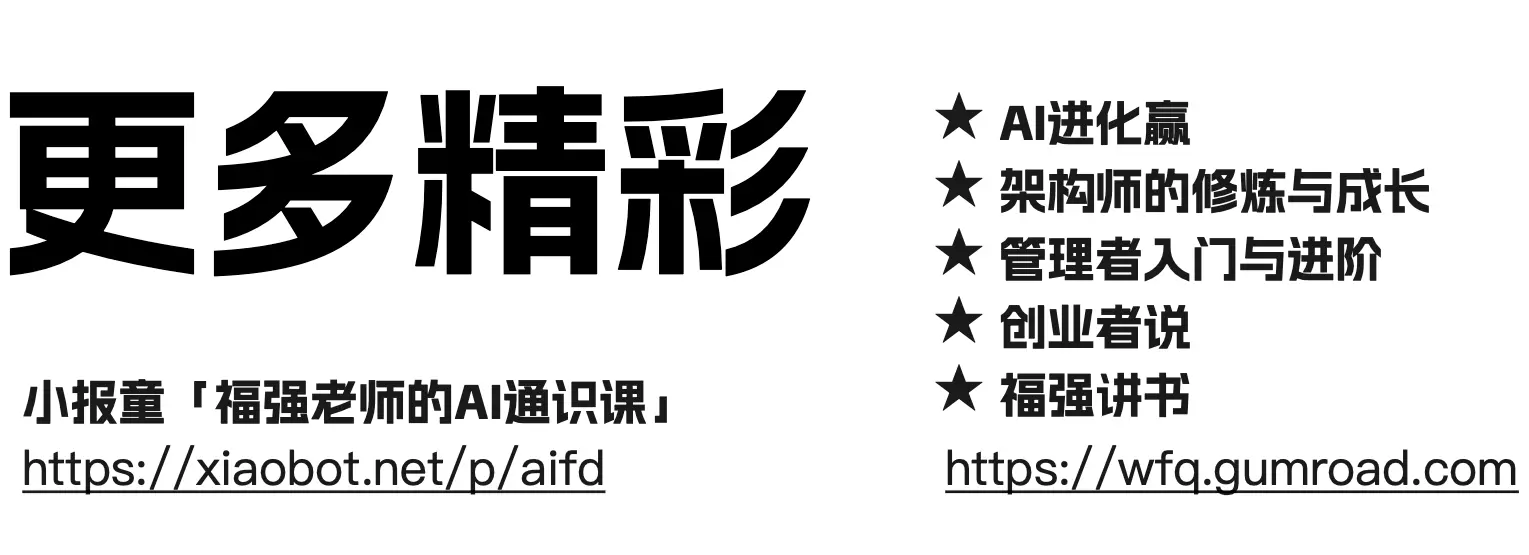First In, First Out
2014年从msn space存档中重新恢复出来!
各位看官,别误会,如果你是搞IT的,可能认为是先入先出队列啥的,不过这里不是,这里是Accounting中的一个概念,为了搞清楚这个东西,偶搜遍google的每个角落(有点儿夸张了哈,其实就几页),来搞清楚这个概念到底干嘛的,因为FX里面最后计算损益的时候要用到。以下是摘自的 http://www.waycross.edu/faculty/bsmith/inventory%20valuation.htm 部分内容,因为较为能够说明问题(我讨厌死板的理论!):
Suppose that Phil started business on January 1st. During the year he made the following purchases January 260 units @ $10 per unit = $2,600 May 150 units @ $13 per unit = $1,950 September 200 units @ $16 per unit = $3,200 December 100 units @ $20 per unit = $2,000 Total 710 units $9,750=total purchases for the year Of these 710 units, suppose 515 were sold during the year leaving 195 units in ending inventory First in, first out or FIFO: With FIFO the 515 units sold are assumed to come from the first three purchases made during the year (Jan-Sept). This leaves all 100 units of the December purchase in inventory and 95 of the September purchase in inventory. The COGS is calculated as follows: January 260 units @ $10 per unit = $2,600 Plus May 150 units @ $13 per unit = $1,950 Plus September 105 units @ $16 per unit = $1,680 Total 515 units $6,230= COGS This means the valuation for the ending inventory is September 95 units @ $16 per unit = $1,520 Plus December 100 units @ $20 per unit = $2,000 Total 195 units $3,520= Ending inventory Advantage: It more accurately reflects the replacement cost of inventory items during periods of inflation. Disadvantage: It reduces the cost of goods sold during inflationary periods thereby increasing company income tax liability. Last in, first out or LIFO: With LIFO the 515 units sold are assumed to come from the last three purchases made during the year (Sept-Dec) and an additional 65 units from the January purchase. The COGS is calculated as follows: January 65 units @ $10 per unit = $650 Plus May 150 units @ $13 per unit = $1,950 Plus September 200 units @ $16 per unit = $3,200 Plus December 100 units @ $20 per unit = $2,000 Total 710 units $7,800=COGS This means the valuation for the ending inventory is January 195 units @ 10 per unit = $1,950 Total 195 units $1,950= Ending inventory Note: Cost of goods available for sale (LIFO) = COGS + Ending inventory = 7,800 + 1,950 = 9,750 Cost of goods available for sale (FIFO) = COGS + Ending inventory = 6,230 + 3,520 = 9,750 其中的COGS是Cost Of Goods Sold的缩写。
开天窗,拉认知,订阅「福报」,即刻拥有自己的全模态人工智能。



